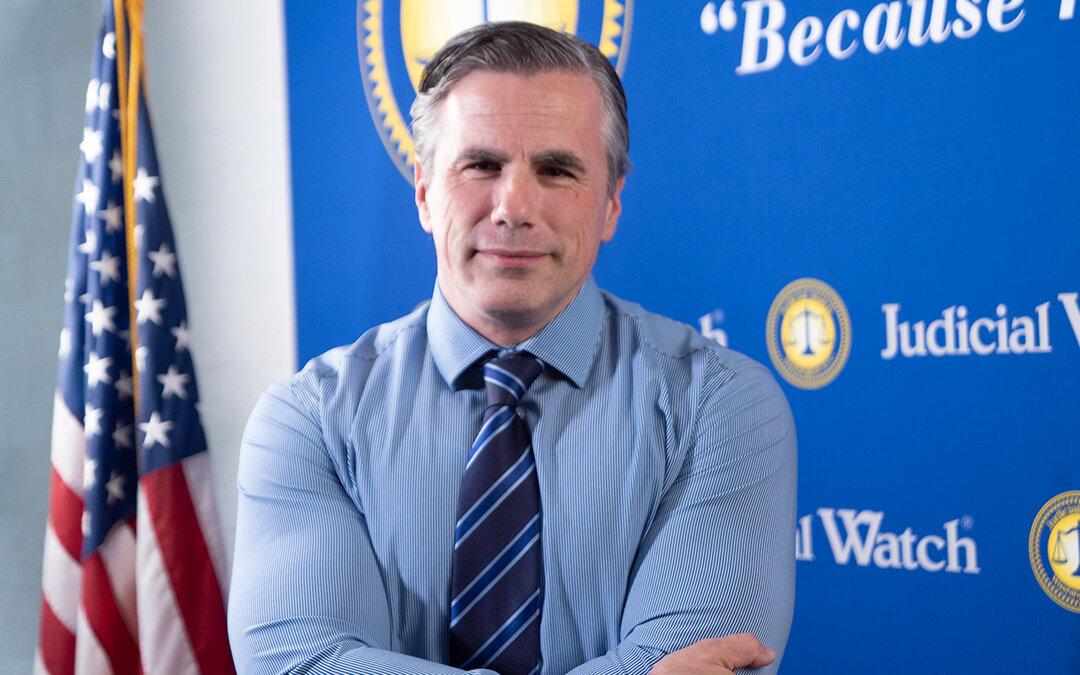President of Judicial Watch Tom Fitton said Twitter had suspended his account for at least seven days for allegedly violating the platform’s rules.
Fitton said he was locked out of his account for posting “#Hydroxychloroquine is a safe drug,” a topic he had been posting about since September. He said that at that time, Twitter “specifically found that it was not in [violation] of its rules” but has now decided to take action against the account.




